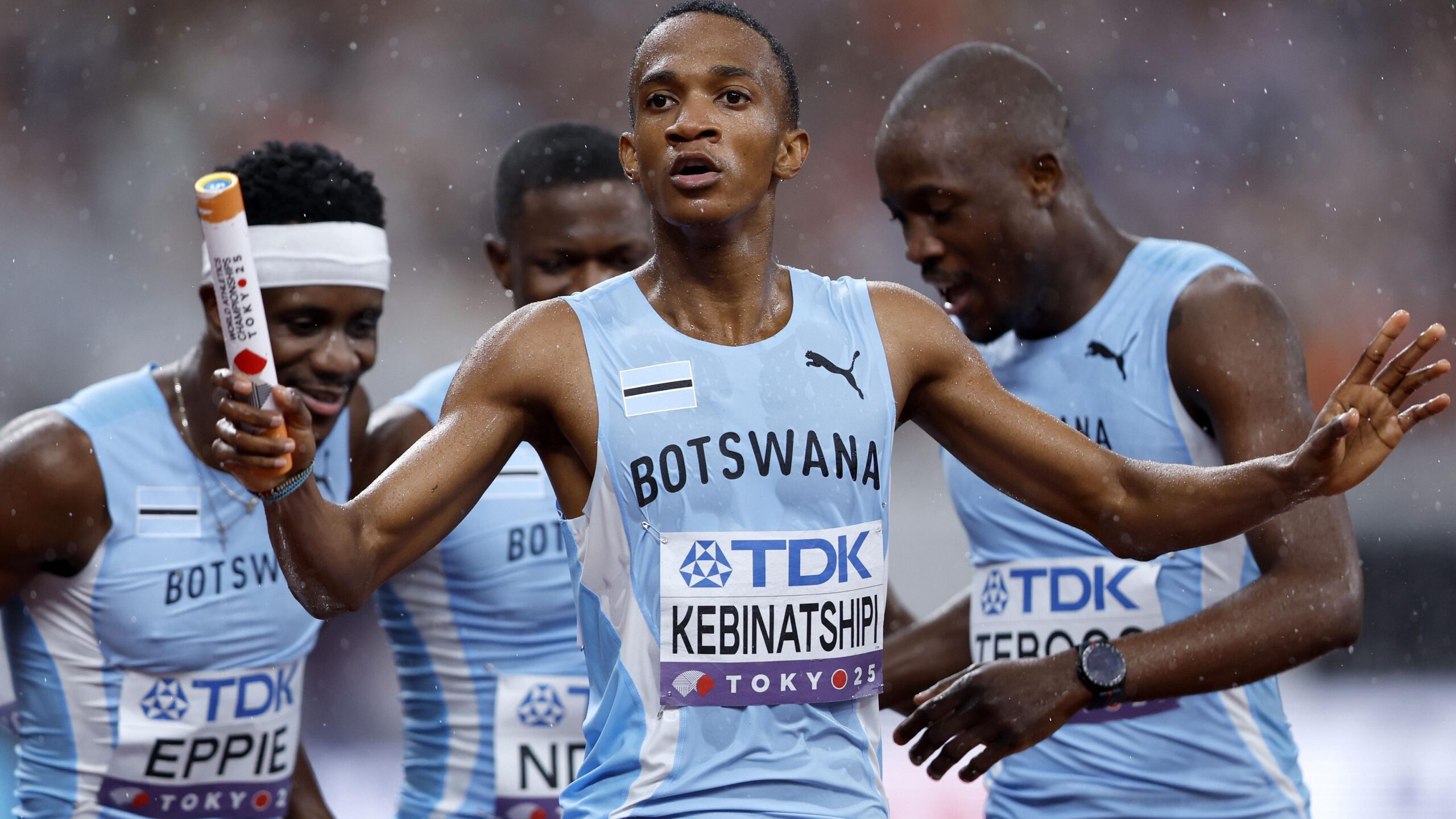
Saturday 20th September 2025

By inAfrika Newsroom
UCI Road Worlds open in Kigali on September 21 and run through September 28, the first time the road cycling championships land in Africa. Organisers will fit small GPS crash-alert beacons to every bike so medics can find downed riders fast—crucial on steep descents and tight urban turns that define the Kigali circuits. The tech adds a measurable response-time edge to radios, cameras and marshals already deployed at the event.
Each device mounts under the saddle and monitors motion. A sudden stop or abnormal pattern triggers an alert to race control, which verifies the signal and routes ambulances along pre-cleared corridors. Officials say the beacons complement, not replace, existing protocols, but they remove guesswork when a crash occurs off-camera or on a blind section. That matters on city circuits where spectators, barriers and service vehicles can slow access by seconds that count.
The UCI has expanded medical coordination for Kigali, aligning beacon alerts with marshal reports and TV feeds to cut duplication. Dispatch hubs will share live locations with medical teams to shorten handoff times. Rwanda’s event planners have stress-tested the system during rehearsals and say it improves accuracy when multiple incidents happen in quick succession. (See: <a href=”https://www.uci.org/” target=”_blank” rel=”noopener”>Union Cycliste Internationale</a>.)
Kigali’s playbook leans on major-event experience: moving road closures, protected ambulance lanes and clear spectator funnels at pinch points. The goal is steady race flow, not empty streets. Local clubs have prepared viewing spots on key climbs, and broadcasters will carry the action with Kiswahili and Kinyarwanda commentary to widen the audience.
Crowd density on the final circuits will be high; stewards will meter entries at the finish to prevent spill-backs. Data from timing mats, GPS beacons and police traffic nodes will feed a single dashboard to flag bottlenecks early. City authorities have mapped diversion routes for buses and essential services to keep the capital moving during the week. Visitor guidance is available at <a href=”https://www.visitrwanda.com/” target=”_blank” rel=”noopener”>Visit Rwanda</a>. Anti-doping controls follow the usual international regime in coordination with <a href=”https://www.wada-ama.org/” target=”_blank” rel=”noopener”>WADA</a>.
Form guides point to fast time trials, tactical team riding on short, sharp climbs, and late attacks when gradients bite near the finish. The test for organisers is whether UCI Road Worlds beacon alerts trim response times versus previous editions and whether crowd management holds at the busiest corners. For the sport, Africa’s first Worlds are also a signal to investors and federations that sustained calendars, junior academies and better equipment pipelines are viable on the continent.
If the week runs cleanly, Kigali can pitch for a recurring classic built on the Worlds’ routes. That legacy—safer courses, trained volunteers and proven data flows—would matter long after the rainbow jerseys leave town.


